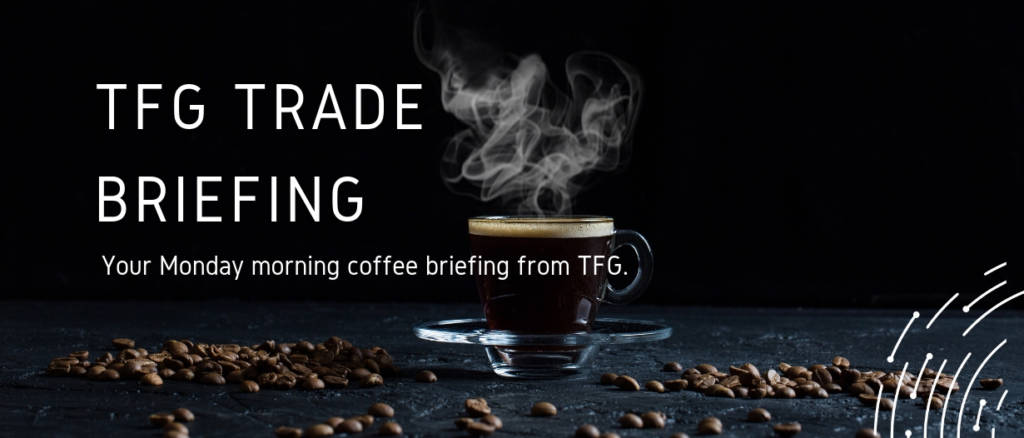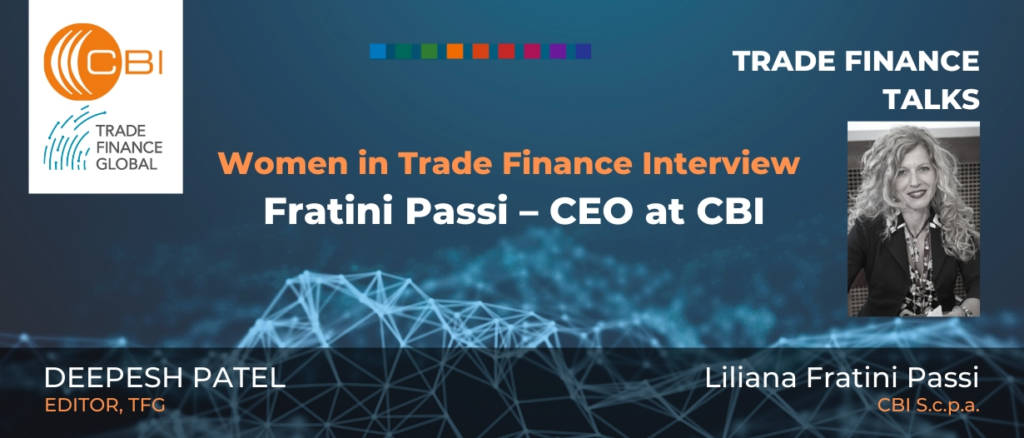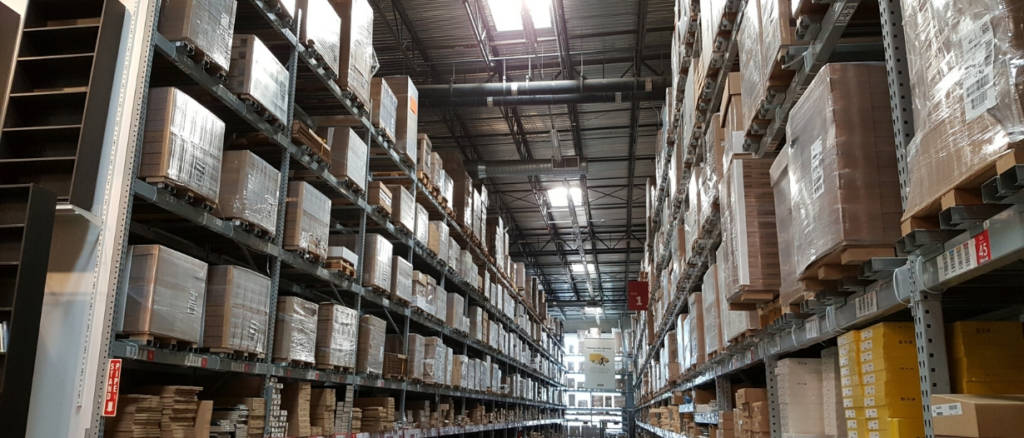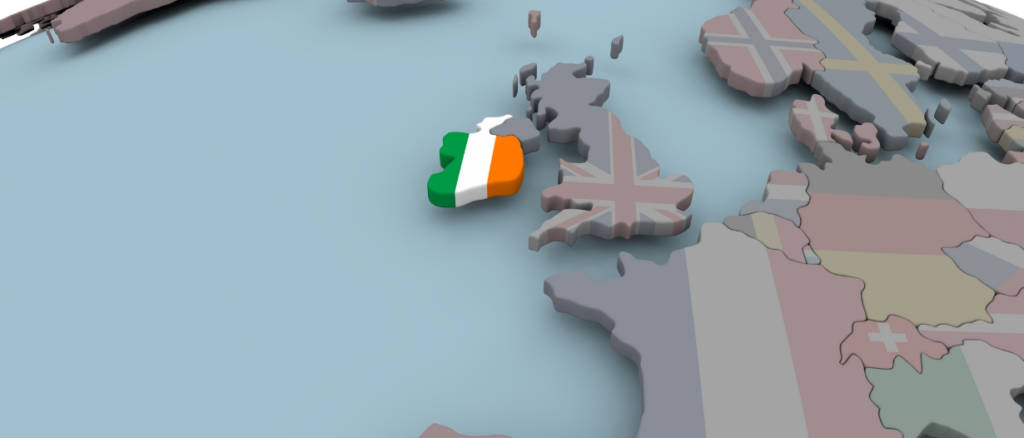Your Monday morning coffee briefing from TFG. Here are some of the last week’s updates from the trade sector. 18th November 2019.
The ICC Uniform Rules for Collections (URC522) Supplement for Electronic Presentation (eURC). On 1 July 2019, the revised internet eRules and guidelines for online trade finance documentary collections came into effect for banks, importers, exporters, and freight forwarders to prepare and present electronic records for documentary collections in lieu of or in conjunction with paper documents.
TFG heard from the inspirational CEO of CBI, Liliana Fratini Passi. CBI is an innovation society leading the way for PSPs and the transaction banking industry in Italy. Liliana spoke to TFG about the latest changes, and what this means for bank, in terms of ISO 20022, UN/CEFACT and PSD2.
Sustainable forms of finance and investing are on the rise and the industry for sustainable mutual funds is growing massively. The trend comes in different forms, and international standards have not been properly set yet. Have yet to be properly set?
Your Monday morning coffee briefing from TFG. Here are some of the last week’s updates from the trade sector. 11th November 2019.
Your Monday morning coffee briefing from TFG. Here are some of the last week’s updates from the trade sector. 28th October 2019.
With trade and economic sanctions becoming an ever more popular tool of foreign policy in today’s uncertain geopolitical climate, AML, screening and anti-fraud obligations are increasing in scope and complexity. At the same time, the growth in international cross-border trade to around $16 trillion per annum creates an environment that’s ripe for abuse for those wanting to launder money or finance terrorism or criminal activities through the guise of legitimate trade.
It seems nowadays unicorn businesses are emerging in the venture capital scene with accelerating frequency. With an increasingly mobile and technologically capable world, fin-tech companies and eCommerce startups are dominating most of the visible market now. Is startup growth really as proliferate and fast-paced as it may seem? The answer is an unsurprising, billion-dollar “yes”.
On a rainy morning back in September we hosted a roundtable on collateral management at gunnercooke llp offices. We were joined by our co-host Elena Egorova, Head of Projects, DRUM Risk, an inspection and stock management company. Elena helped us work through an interactive case study based on real events (the infamous worst-case scenario) to track legal issues and practical considerations arising from the storage of commodities.
Brexit’s greatest roadblock currently takes the form of a 310-mile border spanning the Irish countryside. How come?






















